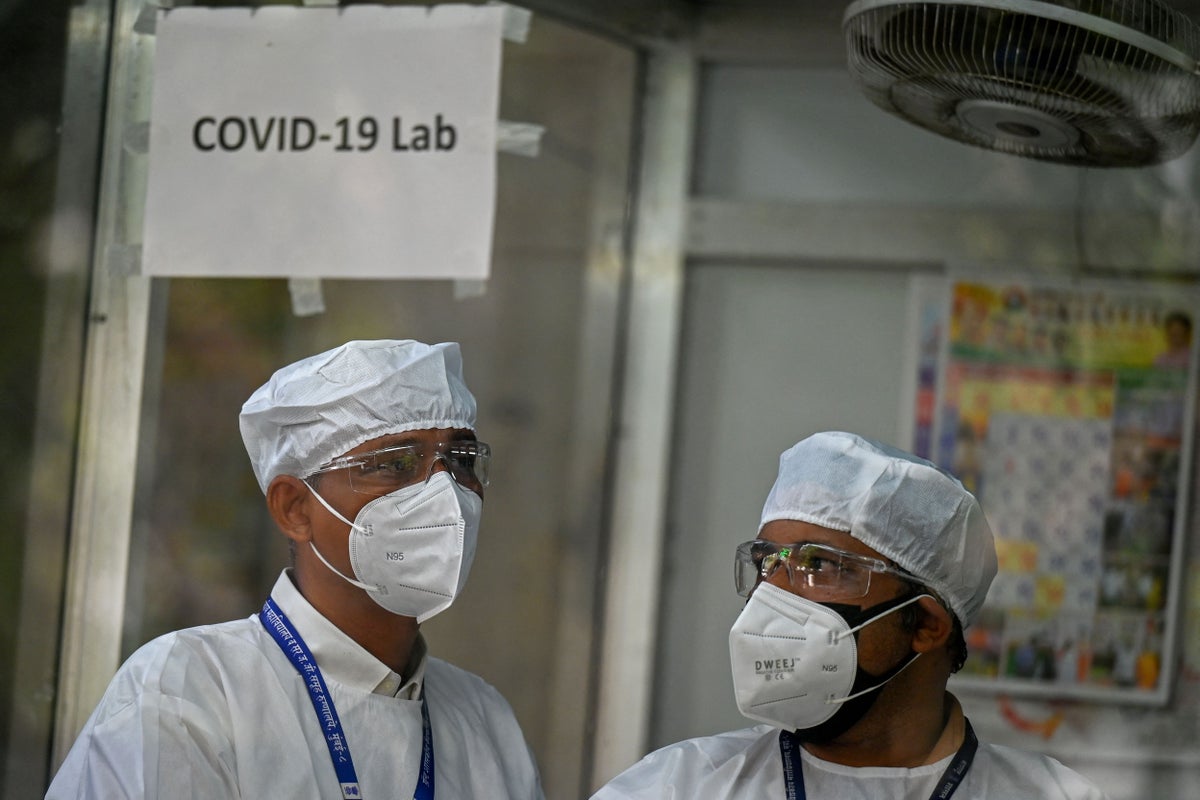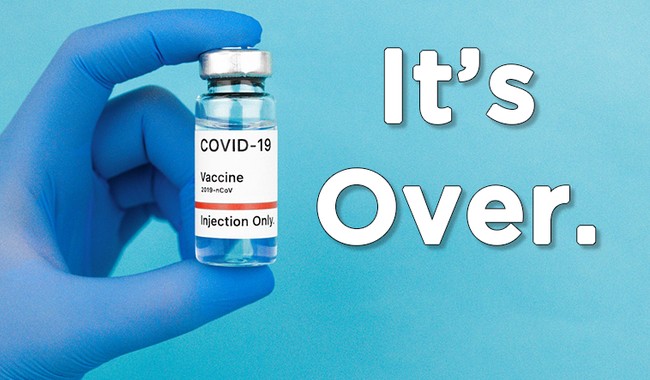What is JN.1 Covid variant driving fresh rise in infections across Asia?
Omicron subvariant has become the dominant global strain, though India reports only mild cases so far

On The Ground newsletter: Get a weekly dispatch from our international correspondents
Get a weekly dispatch from our international correspondents
I would like to be emailed about offers, events and updates from The Independent. Read our Privacy notice
Covid-19 infections are once again rising in parts of Asia, with a fresh wave in Singapore and Hong Kong linked to the fast-spreading JN.1 variant.
India has also recorded its highest number of active cases in a year and stepped up its surveillance despite most current infections being mild. As of 19 May, India reported 257 active Covid-19 cases, according to the health ministry. The majority of these have been detected in the southern states of Kerala, Maharashtra, and Tamil Nadu.
While JN.1 has not been officially confirmed as the cause of the latest cases in India, authorities have acknowledged its presence in the country since late 2023, with over 1,000 infections recorded across 17 states by January, reported the Mint.
Health officials, however, maintain there is no cause for alarm. A meeting chaired by the Director General of Health Services, involving experts from the National Centre for Disease Control and Indian Council of Medical Research, concluded that the situation remains “under control”.
An official told newswire PTI: “Almost all of these cases are mild, with no hospitalisation required.”
Health workers wearing personal protective equipment (PPE) take part in a mock drill to check preparations of Covid-19 facilities at JLNM hospital in downtown Srinagar on 10 April 2023 (AFP via Getty Images )
Neighbouring Asian countries are seeing steeper spikes. In Singapore, a sharp surge in cases were attributed to JN.1 subvariant which is a descendant of the Omicron BA.2.86 strain. The weekly infections ending on 3 May went up to 14,200 from 11,100 a week ago, reported the Indian Express. The average daily hospitalisation rose from 102 to 133, it added.
Hong Kong has reported a similar trend, recording 81 severe cases, with 30 deaths, almost all of which were in elderly people with underlying health conditions.
“According to the surveillance data after the resumption of normalcy, there were two relatively active periods of Covid-19 in Hong Kong, which lasted for about 15 weeks from April to July 2023 and for about seven weeks from February to March last year,” said Hong Kong’s Centre for Health Protection. “Covid-19 became more active in mid-April of this year (ie about four weeks ago).”
JN.1 was first detected in the US in August 2023 and classified by the WHO as a Variant of Interest by December that year. It has since become the most prevalent strain globally. According to WHO’s April 2024 summary, JN.1 made up nearly 94 per cent of sequenced Covid-19 cases worldwide, having spread to over 120 countries.
The variant is notable for its extensive mutations – around 30 – that enhance its ability to escape immunity. “JN.1 has acquired the ability to transmit efficiently through an additional one or two mutations,” according to Johns Hopkins Medicine. Yale Medicine added that a single change in its spike protein may contribute to increased immune evasion, though the impact on severity remains unclear.
Despite its rapid spread, the WHO has assessed the additional global public health risk posed by JN.1 as low.
“The available evidence on JN.1 does not suggest additional public health risks relative to the other currently circulating Omicron descendent lineages,” the agency said in its April 2024 briefing. Population-level immunity, bolstered by vaccines including the XBB.1.5 boosters, is expected to remain effective against symptomatic and severe disease from JN.1.
The symptoms of JN.1 resemble earlier strains of Covid-19, including dry cough, fever, sore throat, fatigue, and loss of taste or smell. Some reports, such as those from Johns Hopkins, suggest the variant may be more likely to cause gastrointestinal issues, particularly diarrhoea.
India’s health authorities have not introduced new restrictions, but are advising citizens to remain cautious. Recommendations include mask-wearing in crowded areas, hand hygiene, and timely vaccination.
Three main types of vaccines continue to offer protection against Covid-19: messenger RNA (mRNA) vaccines, which instruct cells to produce a spike protein triggering an immune response; viral vector vaccines, which use a harmless virus to deliver the genetic code of the antigen; and protein subunit vaccines, which contain purified pieces of the virus to stimulate antibody production.





















:max_bytes(150000):strip_icc():focal(798x317:800x319)/diddy-trial-courtroom-4-051225-b7b468eb727b4861b347cbc7b1f1c48d.jpg)
